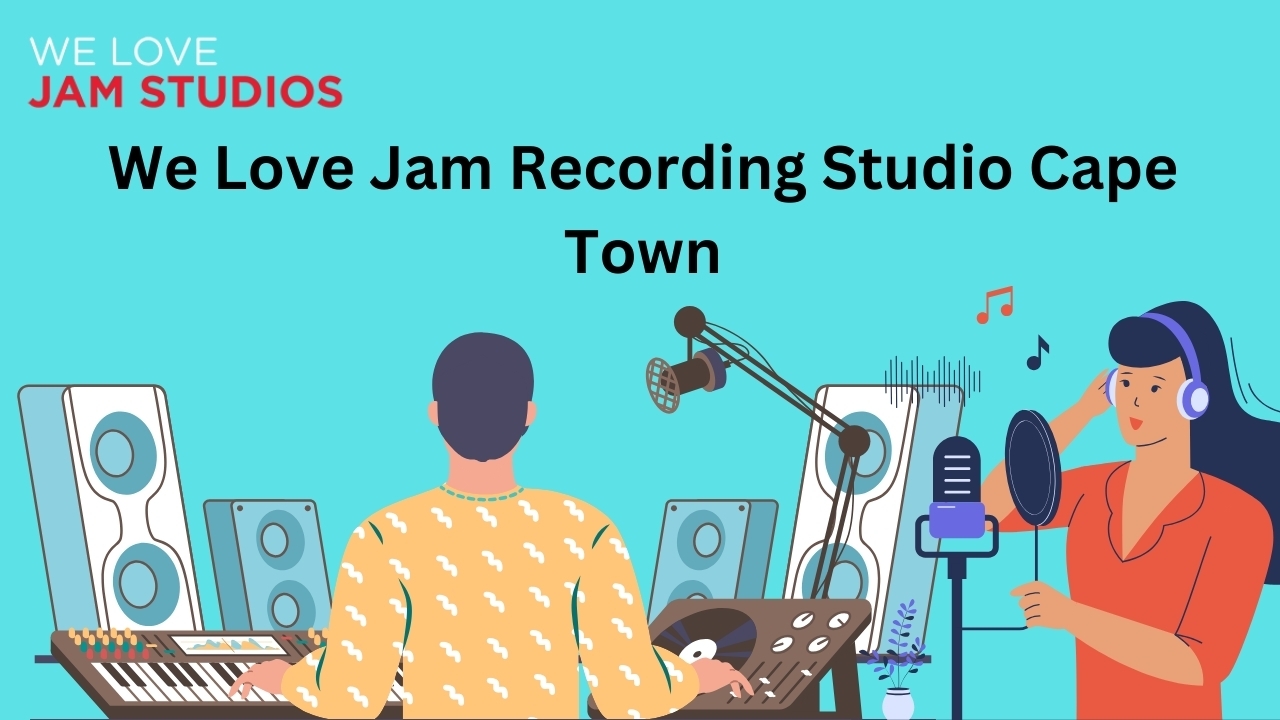Is a Recording Studio a Business?

A recording studio is often seen as a creative space where artists bring their musical visions to life. However, beyond the creativity, a recording studio operates as a structured business that involves planning, investment, marketing, and management. But what truly defines it as a business? Let's dive deep into the different aspects that make a recording studio a legitimate entrepreneurial venture.
Understanding a Recording Studio as a Business
A business is generally defined as an entity that provides goods or services in exchange for money. A recording studio fits this definition perfectly as it offers a service—professional recording, mixing, mastering, and production—for a fee. Whether it’s an independent home studio or a large commercial facility, the core goal remains the same: to generate revenue while serving clients in the music and audio industry.
Revenue Streams of a Recording Studio
One of the strongest indicators that a recording studio is a business is its ability to generate income. Here are some of the main revenue streams:
-
Studio Rental – Artists, podcasters, and voice-over professionals pay to use the studio space and equipment for a specific time.
-
Audio Production Services – Services like mixing, mastering, and sound editing are essential offerings that clients pay for.
-
Music Licensing and Production – Some studios create original music for commercials, films, and television, earning licensing fees.
-
Equipment and Space Rental – Some studios rent out high-end microphones, soundproof rooms, or production gear to other professionals.
-
Workshops and Training – Many studios offer music production and sound engineering classes, adding another revenue stream.
Each of these revenue sources contributes to the studio’s profitability, proving that it functions as a business.
Investment and Costs in Running a Recording Studio
Like any business, a recording studio requires an initial investment and ongoing operational costs. Here’s a breakdown of what it takes financially to run a studio:
Initial Investment:
-
Equipment Costs – High-quality microphones, digital audio workstations (DAWs), soundproofing materials, speakers, and mixing consoles can cost tens of thousands of dollars.
-
Studio Space – Renting or purchasing space to set up the studio adds another significant cost.
-
Acoustic Treatment – Proper soundproofing and acoustics are crucial for professional audio quality.
Ongoing Costs:
-
Utilities – Electricity, internet, and maintenance add to monthly expenses.
-
Software & Licenses – Digital tools like Pro Tools, Logic Pro, and plugins require yearly updates and subscriptions.
-
Marketing & Branding – Running a studio requires promotional efforts like website management, social media marketing, and advertisements.
These costs indicate that a recording studio is not just a hobby but a structured business requiring strategic financial management.
Marketing and Branding for a Recording Studio
A business cannot survive without customers, and the same goes for a recording studio. Marketing plays a crucial role in attracting clients. Studios use various methods to establish their brand and gain visibility:
-
Social Media Marketing – Platforms like Instagram, TikTok, and YouTube help studios showcase their work and attract clients.
-
Networking & Collaborations – Working with artists, producers, and labels helps build a strong professional network.
-
SEO and Online Presence – A well-optimized website with testimonials, pricing, and booking options increases business credibility.
-
Referral Programs – Many studios offer discounts or incentives for clients who bring in new customers.
By applying business strategies to gain clients, recording studios prove that they function as full-fledged businesses.
Legal Considerations and Business Registration
To operate legally, a recording studio must follow standard business practices, such as:
-
Business Registration – Many studios register as LLCs or sole proprietorships for tax benefits and legal protection.
-
Licenses & Permits – Some locations require specific permits to run a commercial studio.
-
Contracts & Agreements – Studios draft agreements for client sessions to ensure smooth business operations.
Handling legal matters further solidifies a recording studio’s role as a business rather than just a creative space.
Conclusion
A recording studio is much more than a room with a microphone and a soundboard. It is a structured business that requires investment, generates income, markets its services, and follows legal regulations. Whether it's a small home studio or a large professional facility, a recording studio operates with the goal of providing valuable services while maintaining profitability.
- Questions and Answers
- Opinion
- Motivational and Inspiring Story
- Technology
- Live and Let live
- Focus
- Geopolitics
- Military-Arms/Equipment
- Безопасность
- Economy
- Beasts of Nations
- Machine Tools-The “Mother Industry”
- Art
- Causes
- Crafts
- Dance
- Drinks
- Film/Movie
- Fitness
- Food
- Игры
- Gardening
- Health
- Главная
- Literature
- Music
- Networking
- Другое
- Party
- Religion
- Shopping
- Sports
- Theater
- Health and Wellness
- News
- Culture

